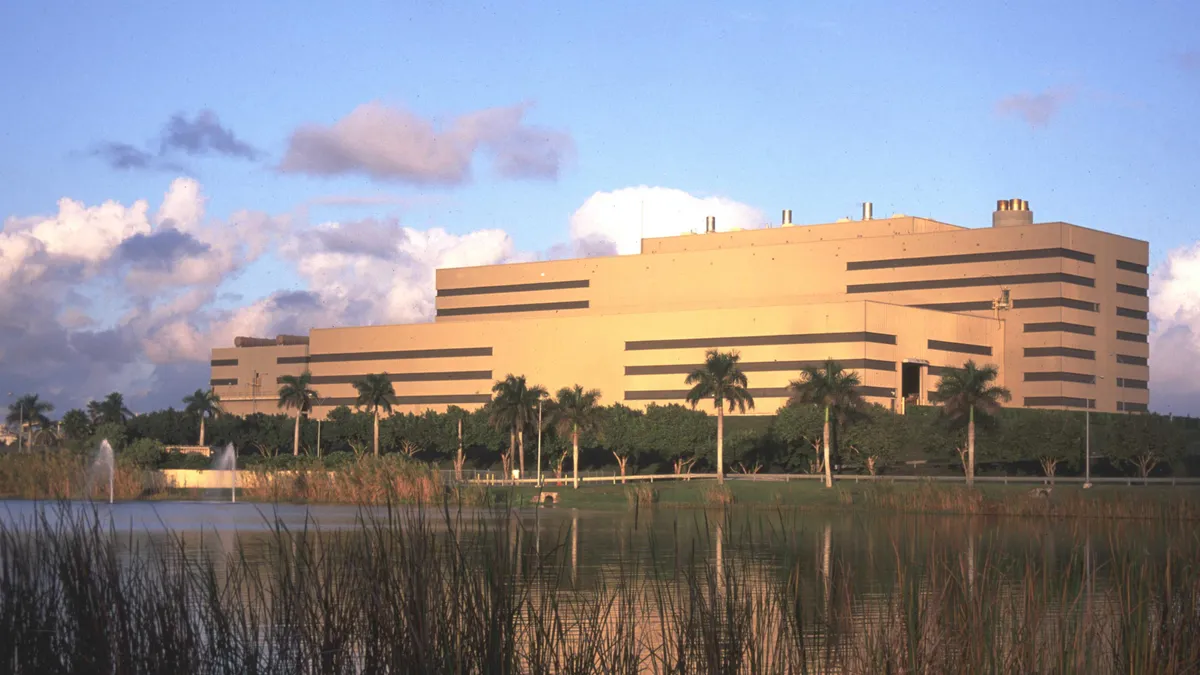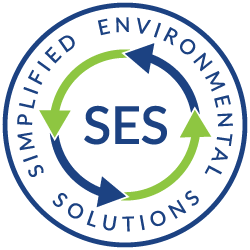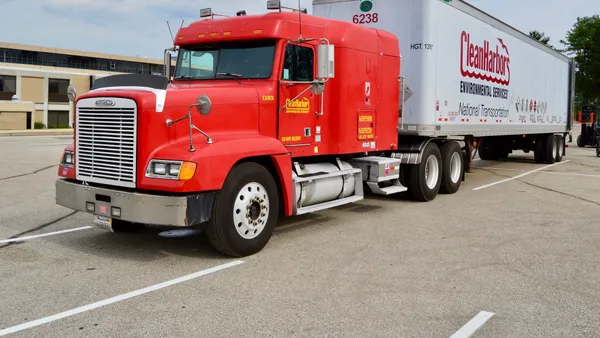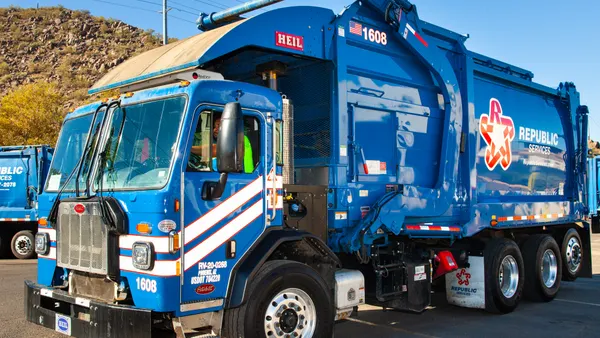FCC Environmental Services, the North American subsidiary of Spanish company FCC Group, has spent ten years building out a hauling and recycling network in the United States. This year, the company has made two moves to bring its European waste-to-energy expertise to the U.S. for the first time, with plans to broaden its portfolio.
Ashley Corke is the company's regional vice president of waste-to-energy in North America. Until September, he served as the general manager for the company's Eastcroft Energy-from-Waste facility in the United Kingdom. He said the company has learned plenty of lessons from its international facilities that it can apply to the U.S.
“Obviously the business is more mature in Europe compared to the U.S. We’re now just introducing the strategy we've had in the rest of the world, in Europe, into the U.S. business,” Corke said.
FCC Group has operated waste-to-energy facilities for about 20 years, and today it has about 13 sites — predominantly in the UK, Spain and Austria, according to Corke. Its North American subsidiary earned its first municipal solid waste collection contract in 2015 in Orange County, Florida. It has since established a presence in seven states, including North Carolina and Texas, with a fleet of roughly 1,200 vehicles.
Corke said the company's hauling business, which handles waste and recycling for commercial and municipal clients, forms the backbone of its presence. FCC has been intentional about establishing hauling contracts first to feed into the recycling facilities — and now incinerators — it’s looking to build or add to its portfolio.
"Municipalities can get the best value out of a consistent company that can provide all solutions that they may need for waste," Corke said.
So far, FCC has followed that strategy in two Florida markets. The company acquired in July the South Broward Waste-to-Energy Facility in Fort Lauderdale from Win Waste Innovations. The mass burn combustion facility was built in 1991 and can handle about 824,000 tons of waste annually.
FCC also won a $320.9 million contract in October to operate Pinellas County's mass burn combustion facility, taking over the contract from Reworld. That facility opened in 1983 and handles about 830,000 to 880,000 tons of waste annually, according to The St. Pete Catalyst.
Corke said FCC’s experience with following strict emissions guidelines in Europe makes the company well equipped to handle pending U.S. regulatory updates and the potential for needed facility upgrades.
The EU last updated its expectations for incinerators in 2019. Those regulations are stricter than U.S. federal rules, which have not been updated for large municipal waste combustors since 2006. But the U.S. EPA circulated a proposal in 2024 with limits more in line with EU rules for pollutants like mercury, nitrogen oxides and sulfur dioxide.
Given the age of FCC’s Florida facilities, upgrades may be needed. The company has successfully upgraded its European facilities in the past, including one in the U.K. that’s 53 years old, Corke said. He sees no reason the company can’t accomplish the same in the U.S. — as long as it has the support of local governments.
“We're very aware these are mechanical systems. With the right engineering and the right science, we can make these last 100 years if we need,” he said.
The company has also looked to build new incinerators in the U.S. It’s leading a consortium proposing to build an “EcoPark” in Miami-Dade County, which would include an incinerator plus composting and recycling.
Corke said the company would also look at other regions interested in incineration capacity, including in the Northeast U.S. and in Canada. While FCC so far has followed its European strategy in Florida, the company would be open to bidding on an incinerator contract in markets where it hasn’t yet built out a hauling footprint.
“We truly believe waste to energy is an integral part of a circular waste economy,” Corke said. “We want to advocate for that wherever we are in the world.”














